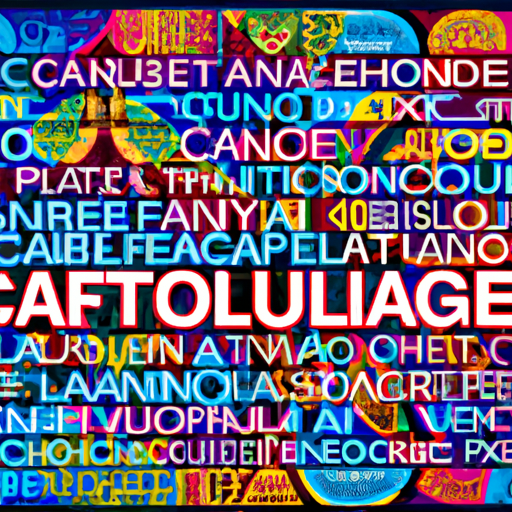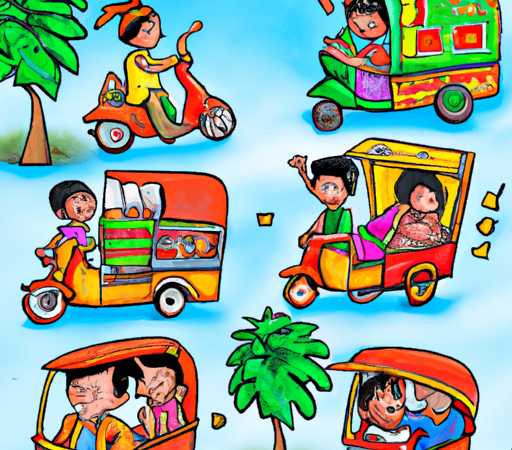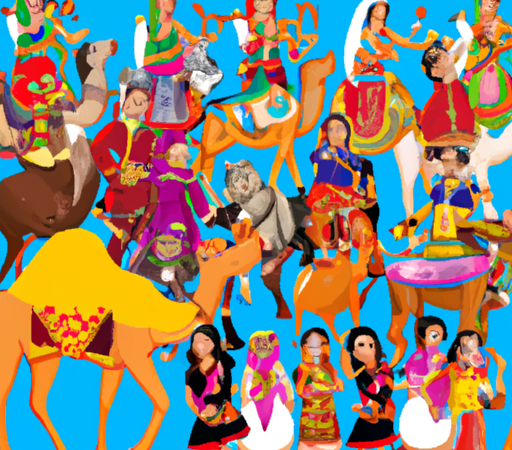Lost in Translation: 10 Intriguing Words and Phrases from Different Languages

Lost in Translation: 10 Intriguing Words and Phrases from Different Languages
Language is a beautiful means of communication, capable of expressing our deepest thoughts and emotions. However, sometimes certain words and phrases from different languages possess unique and intriguing meanings that cannot be easily translated into English. These linguistic gems provide us with a glimpse into the cultural nuances and richness of diverse societies. Here are ten fascinating words and phrases lost in translation:
1. Mamihlapinatapai (Yaghan): This word captures that special moment when two people silently exchange looks, each hoping the other will make the first move. It reflects the sense of mutual understanding without the need for words.
2. Saudade (Portuguese): A nostalgic longing for someone or something that is far away or no longer present. It holds a deep emotional intensity, blending sadness, happiness, and a fondness for the past.

3. Schadenfreude (German): The feeling of joy or pleasure derived from witnessing the misfortune or failure of others. Though not an entirely positive trait, it reveals a profound aspect of human nature.
4. Tsundoku (Japanese): The act of buying books and letting them pile up unread. It perfectly encapsulates the joy of collecting books and intending to read them someday, even if the reality is quite different.
5. Gigil (Tagalog): The irresistible urge to pinch or squeeze something or someone who is irresistibly cute or adorable. It reflects the overwhelming desire to physically express affection.
6. Trepverter (Yiddish): The perfect response or comeback that comes to mind too late, long after the conversation has moved on. It captures the frustration of not being able to seize the moment.

7. Komorebi (Japanese): The interplay of light and leaves when sunlight filters through trees. It represents the appreciation for nature's gentle beauty and tranquility.
8. Hiraeth (Welsh): A deep longing for home or a sense of nostalgia for a place that doesn't exist anymore. It evokes a bittersweet feeling tied to the memories of a time and location that hold great significance.
9. Hygge (Danish): A feeling of comfort, coziness, and contentment. It embodies the art of creating a warm atmosphere, indulging in simple pleasures, and enjoying the company of loved ones.
10. Wabi-sabi (Japanese): Finding beauty in imperfections, impermanence, and the natural cycle of life. It embraces the appreciation of simplicity, authenticity, and the acceptance of the inevitable passage of time.
These words and phrases offer a window into cultural diversity and the uniqueness of human experiences. They remind us of the universality of certain emotions while highlighting the distinctive ways in which different societies express them. Exploring these linguistic treasures broadens our horizons and enriches our understanding of the world we live in. So, let us appreciate the beauty and depth of language and acknowledge that some things are truly lost in translation.






